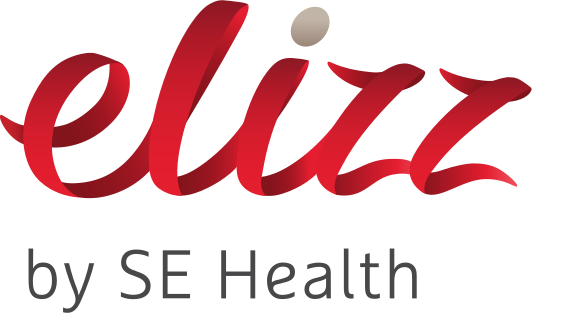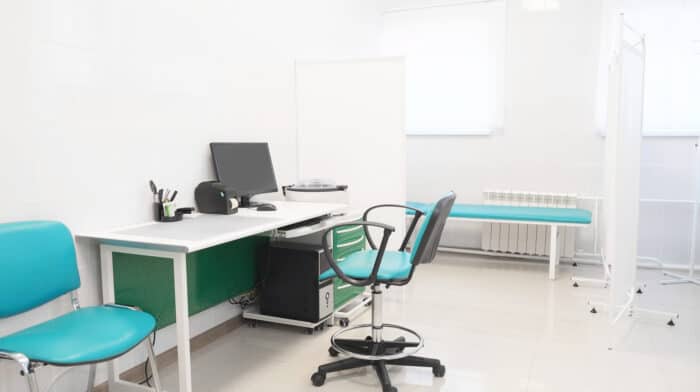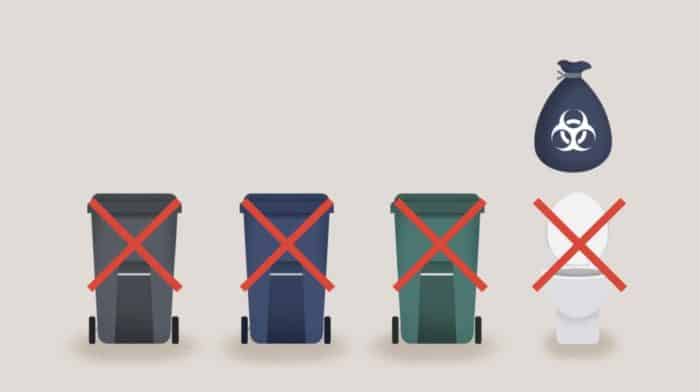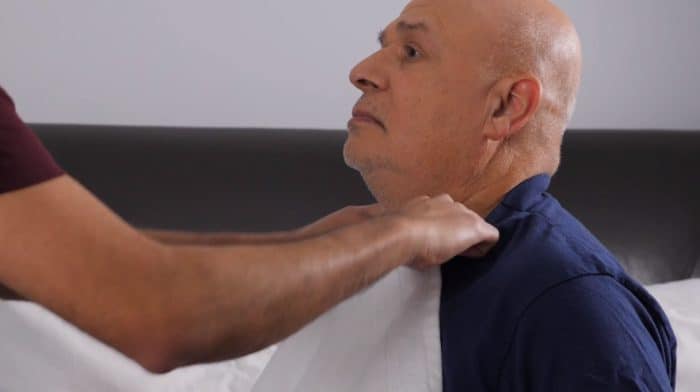Medication Safety Tips
Safety is important when you are caring for someone who takes medication. But there might be somethings you don’t know about medication safety. The person responsible for seeing that the patient obtains the right medications, takes them as prescribed, and monitors side effects is usually a family caregiver. An informed and observant family caregiver can help prevent medication errors and can alert medical staff to side effects. Here are some tips that may help you
Safety is important when you are caring for someone who takes medication. But there might be some things you don’t know about medication safety. Here are some tips that may help you.
1. Make sure you and the person you’re caring for can read the prescription if it is provided by hand from the health care provider.
2. Understand the reason for taking the medication, be aware of the side effects. Ask for clarification if needed. Report any side effects or reactions to any medications right away
3. Ensure that the person you are caring for takes the medication as prescribed. Advise them not to stop taking a drug part way through the treatment unless they are having a serious reaction without first discussing it with their health care provider.
4. Medication should only be taken by the individual for whom it is prescribed. Never take prescription medication that wasn’t prescribed for you, even if you have the same medical condition.
5. If a person needs to take multiple medications throughout the day, a schedule should be written out in a way that can be easily understood and referred to.
The pharmacist can assist with making this schedule or even review a schedule to confirm its accuracy. You can also set an alarm to remind the person when it is time to take the next dose of medication.
6. Over-the-counter medications are not always appropriate despite the fact that they are sold without a prescription. Consult a health care provider or pharmacist to check if the medication is suitable for the person you are caring for.
7. Review all medication containers or packaging at least once per year and properly discard those that have passed their expiry date.
Do not put unused or expired medication in the garbage or down the toilet or sink. Bring them to a pharmacy that disposes of them in an environmentally safe manner.
8. Safely store medication away and out of reach of children.
9. Schedule a consultation with the pharmacist or health care provider to review medications every six months. Remember to include all medications in this review.
10. It is a good idea to keep an updated list of medications that the care recipient is currently taking. The list should also include any over-the-counter medications, vitamins, and herbal/naturopathic substances.
Also, in the event of an emergency, this information should be accurate and easily accessible.
If you feel nervous or unsure about helping the person you’re caring for with their medication, seek advice and assistance from a healthcare professional such as the person’s health care provider or a pharmacist.
Visit the link below to find and print a copy of this checklist.
Be sure to subscribe and watch our videos for more caregiver support and resources.






